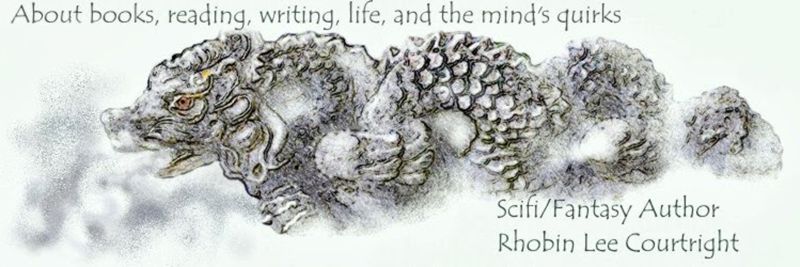Writing is often hard. Thinking up words and writing them down takes mental energy and time. Throwing them away can cause me doubts such as am I sure this is the best thing for the story? Have I deleted wording? Yes! Not only paragraphs but sections of numerous pages. Of course, the decision to remove wording is because I think it will make a better, more unified story. Not a few word changes in a sentence for clarity, but discarding several sentences, paragraphs, or even pages because they do not add to the reader's knowledge of the character, the plot, or the setting. Leaving those sections of wording in, no matter how large or small, makes the story ramble and may create disinterest in the reader so they quit the story.
The writing process requires me to think about the story's purpose. Thoughts like: Where is the story going? Does this section add understanding of the character or expand their character? Or does this character need more clarification or purpose? Are they needed? Sometimes it raises the question should I change the plot and purpose?
Either in the writing process or editing process, when a section slows my reading I ask myself what is its purpose? How does this wording affect the plot or the character development? Or does this wording add to the setting?
I do keep ejected wording in a separate document just in case I change my mind, but I have discovered I usually don't. I have never thought whether that wording might lead to another story or work in another one in progress, but maybe I should have.
When the words involved do not apply to the plot, setting, or to the
development of the character, it's just wordiness. In that case, it's better for the story and for the reader to get rid of it.


